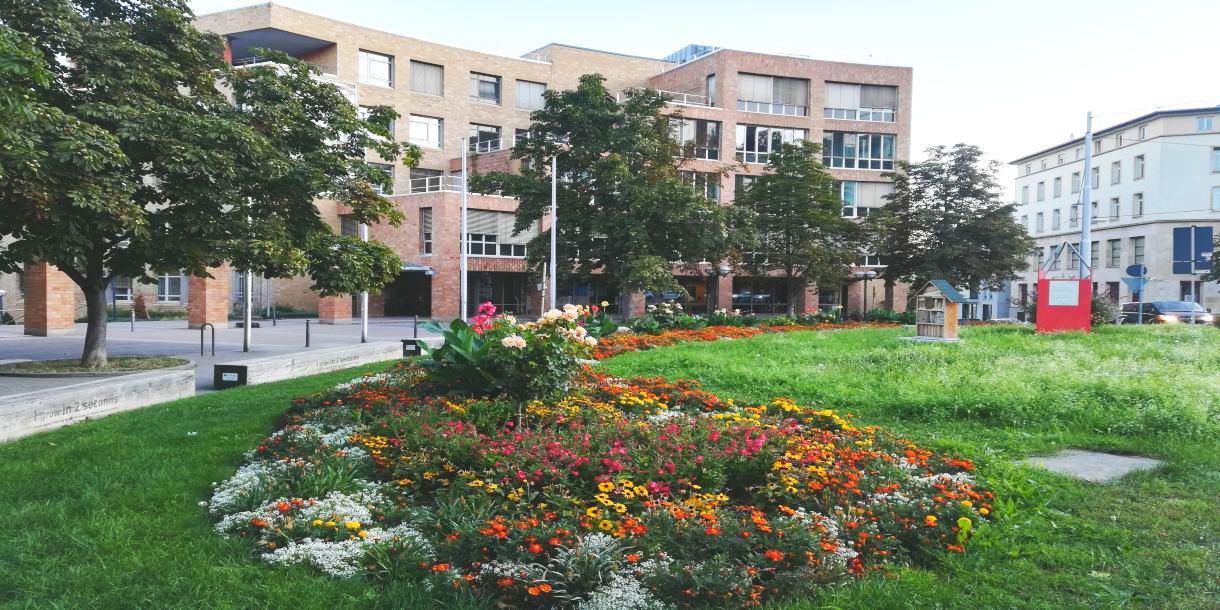The Ministry of the Environment, Climate Protection and the Energy Sector supports the transition to a sustainable
bioeconomy in the state. It does this via initiatives in the realm of climate and resource protections, air and water pollution control,
circular economy and cascade usage, as well as the utilization of raw materials over several production stages to achieve as complete a
recycling of the material as possible. In this way, the state aims to create and demonstrate innovative opportunities for sustainable
business. The utilization of plants, animals, bacteria, or waste should reduce the demand for fossil-based fuels and thus CO2 emissions. By
promoting innovative technologies, concepts, and processes, urban spaces and industry can be transitioned to a sustainable bioeconomy and
further strengthen Baden-Württemberg’s international renown as a leader in the field of environmental and plant-based
technologies.
Topics:
- Energy transition and nuclear phase-out
- Climate protection
- Expansion of renewable energies
- Protection of natural livelihoods
- Nature conservation
- Sustainable dealings
- Resource efficiency and environmental technology
- International cooperation
To the website of the Ministry of the Environment, Climate
Protection and the Energy Sector's website
